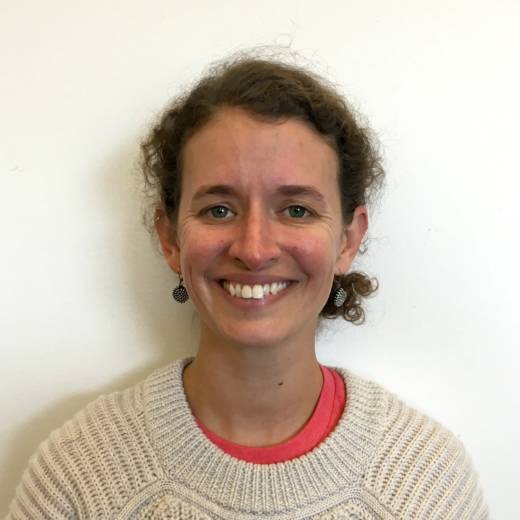After nearly 40 years with MS, it became apparent this year that the end was coming fast. Again, I felt a complicated sense of gratitude for her disability.
Years of watching the disease do its work had freed me from the burden of denial. So I embraced a tough conversation, to ask if she wanted to keep fighting or if this was the end. She decided she was ready, and wanted to die at home.
I then asked if she had any bucket list activities. She didn’t. She, of course, had also been living in anticipation of death.
Lastly, knowing that she’d been a lifelong reader of the obituary section, I asked if she wanted to have a say in what was said about her after she was gone. She did.
When my draft was ready, I was nearly too late. My mom had lost the ability to use her voice.
Again, growing up with disability in my life offered an asset; you adapt quickly when forced to accept that bodies don’t always behave as we want them to. I brought my kids’ Ouija board, and sat by her bed to read the obit line by line. Spelling out words by pointing to letters on the board with the limited strength she had left, she added a few dates, corrected that she hadn’t just spent a year traveling - she’d done it in a VW bus. If it’d been a few days sooner, she’d have made a few snarky remarks to offset the moment’s heaviness, but as it was, she smiled at the jokes, and gave her sign off.
In the end, I’m grateful because her life with a disability gave us both the ability to say goodbye. After all, we are all lives brought forth from terminal conditions.
With a Perspective, I’m Emily Beitiks.
Emily Beitiks is Associate Director of the Longmore Institute on Disability at San Francisco State University.
